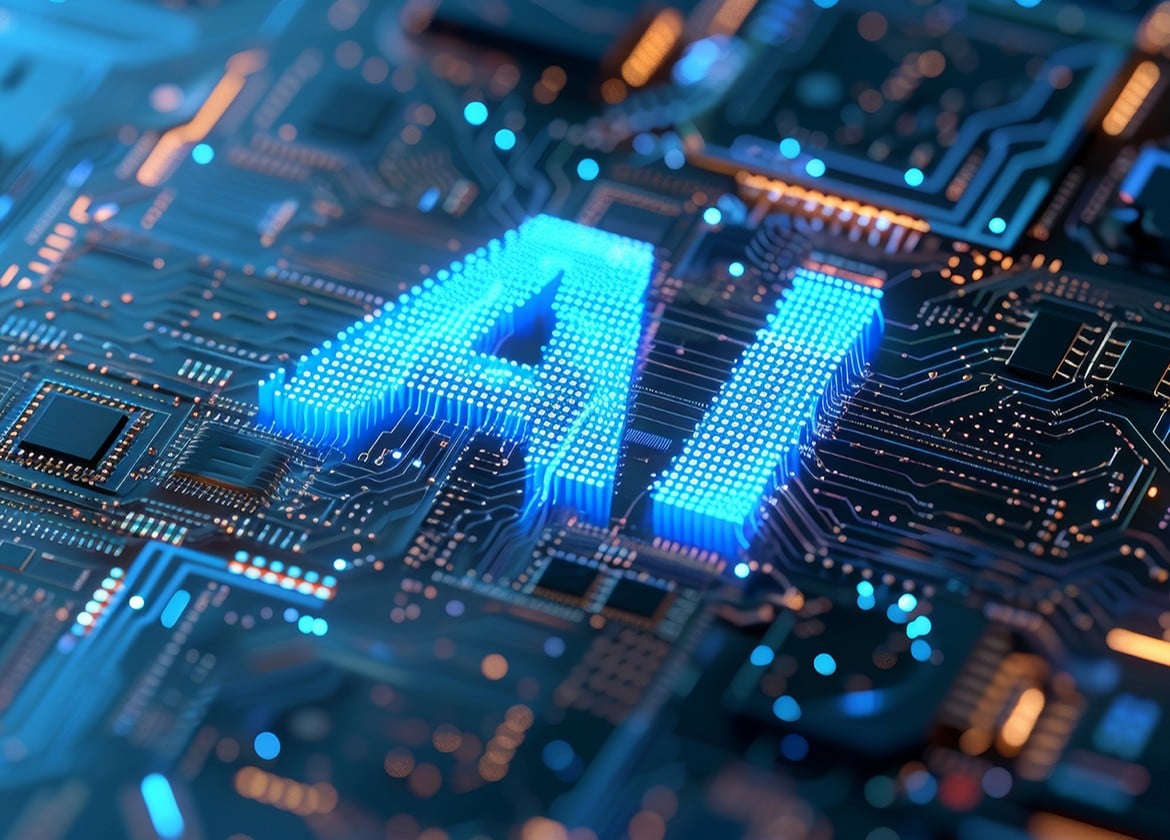Could an over-reliance on AI and automation be hindering your marketing efforts?

AI and automation have become part of the everyday lives of marketers, saving time, effort and money.
But are we beginning to rely on them a little too much? Are we missing out on some of the advantages a human touch can bring?
1. Cultural relevance and timing
The ‘efficiency’ of AI and automation can strip marketing of cultural nuances and the advantages of ‘good timing’. (How many of us have scheduled a social media post to find that when it goes live it’s not as relevant as it was at time of creating, or worse still something has changed that makes it clearly ‘out of touch’?)
Most AI tools are trained on globalised datasets, which can lead to generic, culturally ‘tone-deaf’ content. In chasing scale, marketers are at risk of missing the subtle cultural cues and nuances that drive brand resonance and engagement, especially in diverse or discrete markets.
2. Vision and intuition
Generally, AI optimises for what is, not what could be. Where questions are asked as to how the future may unfold, AI is inherently retrospective and will make predictions based on existing patterns.
Over-reliance on AI can blind marketers to intuition-driven, experimentation and risk-taking strategies that often help uncover the ‘next big thing’.
Could AI have invented the smartphone? The initial response from ChatGPT…
Short Answer:
No, not in the way it was originally invented.
But: Yes, in theory, under the right conditions. (Given enough input and constraints)
ChatGPT went on to explain the difference between ‘invention’ and ‘discovery’:
- Humans invent by leaping across gaps: intuition, insight, serendipity.
- AI discovers by navigating what's already there. It's great at remixing, not at dreaming something fundamentally unprecedented.
Clear ‘testimony’ to the value of human vision and intuition!
3. Empathy and human context
AI powered personalisation and marketing automation risks reducing people to data points.
Hyper-targeted ads, emails or content created via AI or marketing automation can feel annoying, invasive or even manipulative without it going through a ‘human filter’.
Empathy and context are still human domains. Both ‘traits’ are important in fostering healthy customer engagement and a positive brand image.
4. Creativity
In the AI era there’s a danger that creativity is becoming a casualty of optimisation.
Creative instincts - or leaps of faith – are being stifled by playing to the ‘numbers’.
The ‘numbers’ aren’t usually going to uncover what makes advertising or products great - the surprising, the unknown and the never-seen-before.
Great ideas often defy logic and metrics. Breakthroughs come from creative leaps, not historical data.
5. Individuality
In the AI era creating an ‘epidemic’ of sameness?
When everyone uses the same AI tools trained on the same data, output becomes homogenised. Differentiation is being sacrificed for efficiency.
Having a distinct brand voice is one of the most valuable long-term assets of any business. The individuality – not sameness – of businesses and people is what makes them stand out.
6. Relatability
Customers don’t just buy products. They buy into people, purpose, and presence.
Delegating too much interaction to AI - without it going through a ‘human filter’ - erodes emotional resonance, one of the most powerful drivers of brand loyalty and brand advocacy.
That ‘human to human’ emotional connection is invaluable and is difficult for AI to emulate.
Useful ‘countermeasures’ to AI
To avoid the pitfalls of an over-reliance on AI and automation, marketers should adopt practices that reinforce creativity, differentiation, and human connection:
1. Invest in human creativity and intuition
AI can generate and optimise, but it can’t originate truly bold or paradigm-shifting ideas.
To use the words of ChatGPT:
Humans invent by leaping across gaps.
AI is great at remixing not at dreaming up something fundamentally unprecedented.
To help foster human creativity and intuition:
- Build cross-disciplinary / cross-departmental creative teams
- Make space for intuition and risk-taking in decision-making, even when data suggests otherwise
- Protect time for exploratory, non-AI-assisted brain storming sessions to keep the human creative spark alive
2. Look long-term, not just short-term
Measure long-term value, not just short-term efficiency.
Creativity and brand storytelling influence purchase decisions before the last click happens. Stop measuring marketing success by the last step - measure it by the entire journey:
- Include brand equity, emotional engagement, and cultural relevance in your KPIs.
- Use AI as a tool, not a driver. Ensure any decisions and content align with your long-term brand values.
- Balance automated performance marketing with longer term strategic storytelling/ brand campaigns.
3. Use a ‘human filter’
Consumers are increasingly savvy about the use of AI and automation and wary of manipulative or soulless experiences. Such experiences don’t just put customers off making a ‘transaction’ at the time, they have a longer term negative impact on the perception of your brand.
- Use first-party data ethically and transparently. Communicate clearly how personalisation works and how it benefits your customers.
- Humanise automation. Pair chatbots or automated workflows with real people where context or emotion matters.
- Develop a “human filter” system. Before any AI-generated campaign goes live ask: Would this genuinely resonate with us as people?
Interested in marketing and AI? This article may be of interest:
7 unorthodox ways to get more GenAI traffic for your website